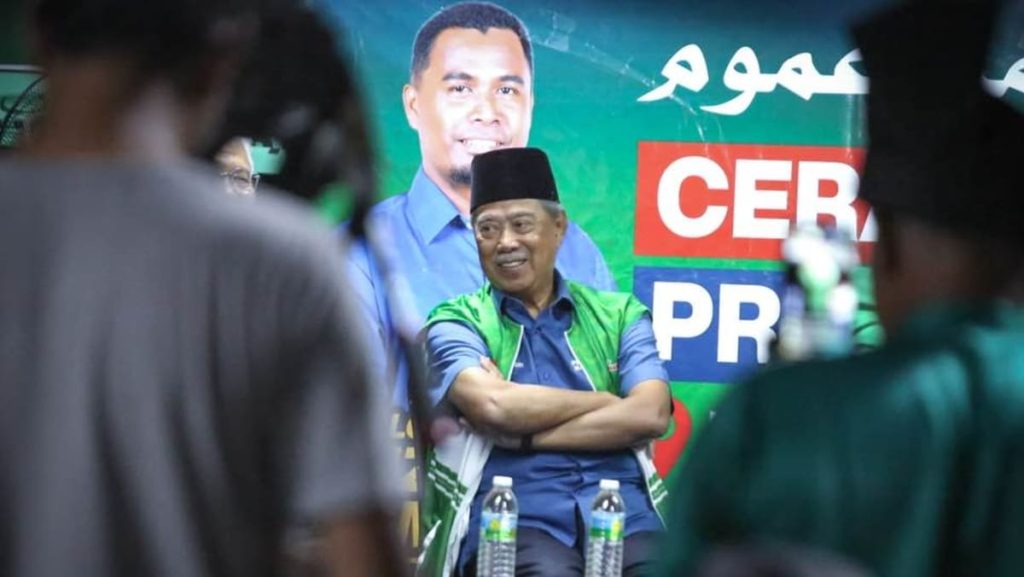The Malaysian police’s investigation into former Prime Minister Muhyiddin Yassin’s comments regarding the formation of the government has been handed over to the Attorney-General’s Chambers for further action. Inspector-General of Police Razarudin Husain stated that 66 individuals have had their statements taken as part of the investigations, including Muhyiddin. Several police reports were lodged against Muhyiddin for allegedly questioning the role of Malaysia’s king in the formation of the government following the 15th General Election.
Muhyiddin, who is currently the president of Parti Pribumi Bersatu Malaysia, gave his statement to the police after being summoned over remarks he made during a state legislative by-election in Kelantan. Pahang Palace was among the parties that lodged reports against Muhyiddin for his comments. The investigations are being conducted under various sections of the Sedition Act, Communications and Multimedia Act, and Penal Code. In a viral video clip, Muhyiddin questioned the formation of the current unity government following the general election.
The Pahang Crown Prince called for police action against Muhyiddin, stating that his remarks incited distrust in the Malay royal institution. After being questioned by the police, Muhyiddin clarified in a Facebook post that he had no intention to insult the royal institution and affirmed his loyalty to the monarchy. Communications Minister Fahmi Fadzil noted that Muhyiddin’s predicament has cast a negative light on his party due to the broadcast of his speech on TikTok Live by the PAS party channel. PAS is a component party of the opposition coalition alongside Muhyiddin’s Bersatu and Gerakan.
Lawyers for Liberty, a human rights organization, called on the government to drop the investigation into Muhyiddin under the Sedition Act. The organization emphasized that in a democracy, the exercise of a constitutional duty of power should not be beyond discussion or criticism, especially with regard to the role of the king as a constitutional monarch. Director Zaid Malek stated that the prime minister and the government should not condemn Muhyiddin for his comments or allow the use of the Sedition Act in this case. The organization’s call reflects concerns about freedom of expression and the right to criticize governmental actions.
The investigation into Muhyiddin’s comments has sparked a debate about the limits of free speech in Malaysia and the protection of royal sensitivities. Some view the investigation as an overreach that could stifle legitimate criticism of the government and the royal institution. Others argue that certain topics, such as the role of the king in the formation of the government, should be handled with care to avoid undermining public confidence in the monarchy. The outcome of the investigations and any subsequent legal actions will likely have implications for political discourse and freedom of expression in the country. The involvement of various parties, including the police, Attorney-General’s Chambers, and human rights organizations, highlights the complex and sensitive nature of the issue at hand.
It remains to be seen how the government will proceed with the investigations into Muhyiddin’s comments and whether any charges will be brought against him. The case has drawn attention to the need for a balance between freedom of speech and respect for constitutional institutions, particularly within the context of a democracy. The response to this situation will reflect Malaysia’s commitment to upholding democratic principles and protecting the rights of its citizens. As the legal proceedings unfold, it will be essential to consider the broader implications for political discourse, public trust in institutions, and the rule of law in the country.


